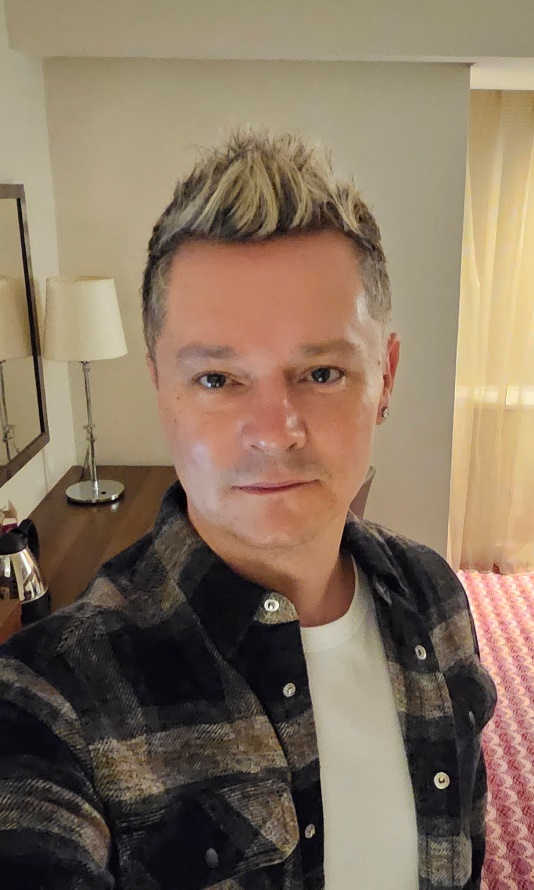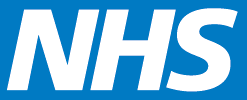 Hello! I'm Matt Spencer, the Integrated Stroke Delivery Network (ISDN) Manager for the West Yorkshire and Harrogate region. I've been in this position for the past two years, but I bring along 18 years of experience in the National Health Service (NHS), primarily in frontline clinical roles with the Yorkshire Ambulance Service (YAS), where I also led their clinical pathways team. The ISDN work programme has now been integrated into the WYAAT.
Hello! I'm Matt Spencer, the Integrated Stroke Delivery Network (ISDN) Manager for the West Yorkshire and Harrogate region. I've been in this position for the past two years, but I bring along 18 years of experience in the National Health Service (NHS), primarily in frontline clinical roles with the Yorkshire Ambulance Service (YAS), where I also led their clinical pathways team. The ISDN work programme has now been integrated into the WYAAT.
In the UK, over 100,000 new stroke cases are reported each year, with more than a million people affected in the aftermath. On average, each new stroke case costs the NHS £45,000 in the first year and £25,000 in subsequent years, totalling an estimated £26 billion annually*.
Stroke is the leading cause of disability in the UK, with many survivors facing significant long-term physical and psychological challenges, as well as the risk of repeat strokes, transient ischaemic attacks, or death within a year. The economic implications of stroke prevention, treatment, and the resulting morbidity and mortality are considerable.
To tackle these issues, comprehensive stroke care pathways have been developed, focusing on early intervention, quick diagnosis, and immediate treatment, which are critical for minimising brain damage and enhancing outcomes. The integration of multidisciplinary teams is essential in providing holistic care tailored to the unique needs of stroke survivors.
The ISDN focuses on uniting stakeholders from various sectors along the stroke pathway to identify critical areas and priorities for transformative change. By fostering collaboration and open communication, the ISDN aims to bridge gaps and create synergies between different organisations and communities across West Yorkshire and Harrogate. This integrated approach ensures diverse perspectives are considered, leading to more comprehensive and sustainable solutions. In this collaborative ecosystem, the exchange of knowledge and resources is vital. The ISDN facilitates this by encouraging stakeholders to co-create strategies to address both current challenges and future opportunities. Through these initiatives, the ISDN acts not only as a network but also as a catalyst for transformation, guiding a shared journey towards better outcomes and experiences for stroke survivors, their carers, and families.
Our Life After Stroke Co-Production Group, which comprises individuals with lived experiences of stroke, their families, carers, healthcare professionals, and representatives from the voluntary, charity, and social enterprise (VCSE) sectors, has been actively working on the development of an 'All Things Stroke' website. This website is the first initiative in a series of collaborative projects that the group will pursue, responding to the urgent need expressed by stroke survivors and their carers for improved support after hospital discharge. This need has highlighted a gap that currently exists, which was also reflected in the findings of the latest stroke Patient Reported Experience Measures (PREMs) survey.
World Stroke Day, celebrated on 29th October, serves as a global platform to raise awareness about stroke. This year, the campaign highlights the importance of stroke prevention, urging everyone to take proactive measures to be #GreaterThanStroke. By understanding risk factors and adopting healthier lifestyles, we can significantly reduce the likelihood of experiencing a stroke. Simple changes like maintaining a balanced diet, engaging in regular physical activity, controlling blood pressure, and avoiding smoking can make a significant difference.
Educational events, community outreach programmes, and social media campaigns play a crucial role in spreading this important message. By sharing survival stories, providing rehabilitation resources, and offering support to carers, we can build a strong network of resilience and hope.
Remember, every small step towards a healthier lifestyle is a step towards being #GreaterThanStroke. Let’s unite in this mission, not just on 29th October, but every day, to create a world where strokes are less common, and more lives are saved. Together, we can make a profound impact, one heart and one mind at a time.
* Estimated societal costs of stroke in the UK based on a discrete event simulation - PubMed









